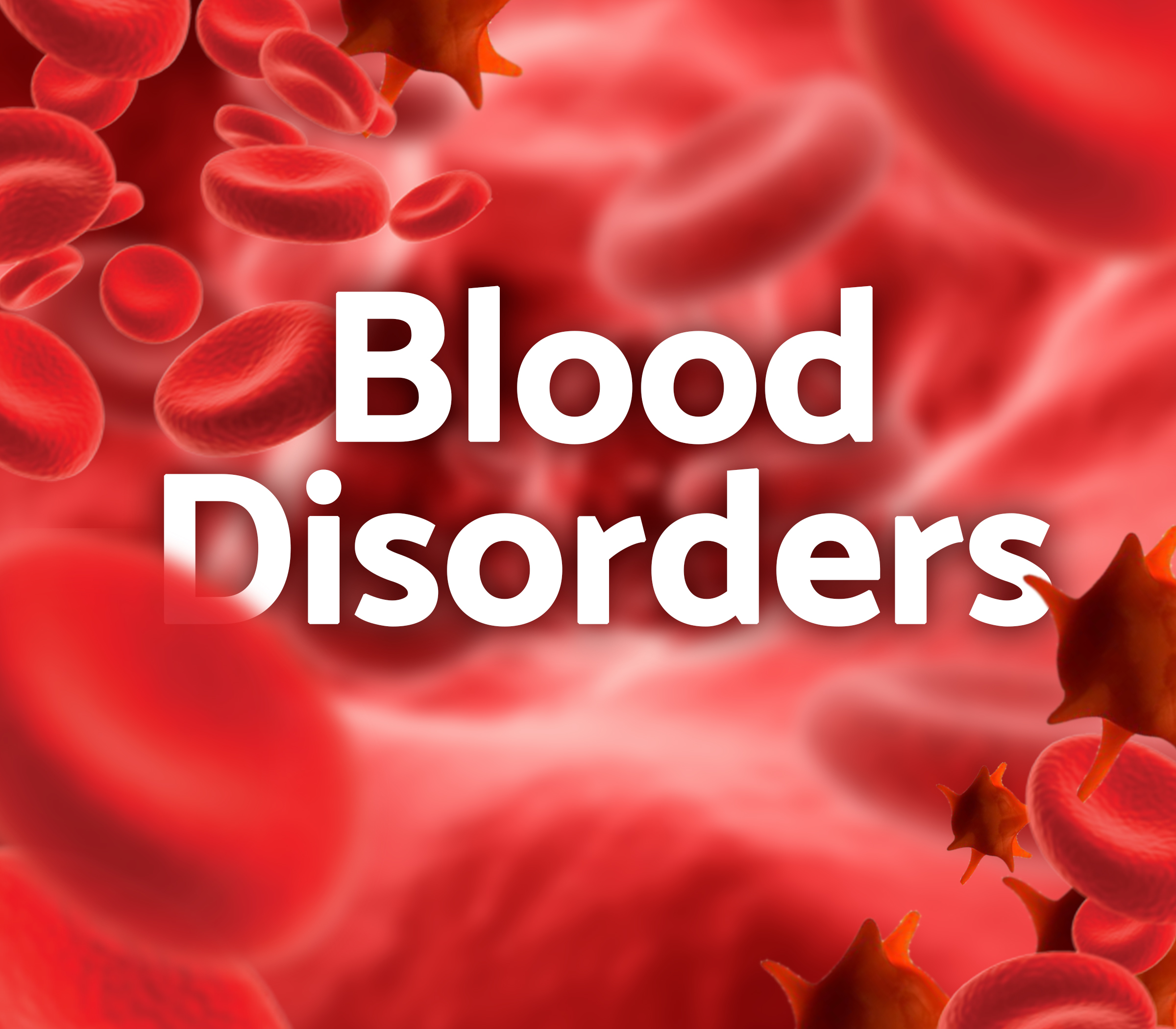
☰ Menu
Menu
February 15, 2021 | 9:14 am

Anemia is a condition where the body does not have enough red blood cells (RBC). This is caused by the bone marrow’s ability to create RBC; conditions or infection that affects the production of RBC, iron and vitamin B poor nutrition; and bleeding.
Symptoms of Anemia:
Hemophilia is a genetic blood condition where the clotting factor of blood is affected.
Symptoms of Hemophilia:
Erythrocytosis is a condition where the body creates too much red blood cells (RBCs). This condition may also be called polycythemia. A condition where there is too much white blood cells and platelets in the blood. It may be caused by genetic mutations, certain diseases and medications, smoking, and living in high altitudes.
Symptoms of Erythrocytosis:
Leukopenia is a condition where the blood has reduced white blood cells. This is caused by bone marrow conditions, auto-immune disorders, cancer and cancer treatment, certain medications, and malnutrition.
Symptoms of Leukopenia:
Leukocytosis is a condition where the blood has elevated levels of white blood cells. It is caused by infection, surgery, certain medications, certain illnesses, cancer, exercise, emotional stress, and smoking.
Symptoms of Leukocytosis depending on condition:
Thrombocytopenia is a condition where the blood has a low platelet count. This is caused by bone marrow conditions, certain medications, or problems of the liver or spleen.
Symptoms of Thrombocytopenia:
Thrombocytosis is a condition where the blood contains a high platelet count. It is caused by bone marrow conditions or certain medical conditions.
Symptoms of Thrombocytosis:
Leukemia is a type of blood cancer where abnormal white blood cells are rapidly produced by the bone marrow. The risk factors of developing leukemia are previous cancer treatments, genetic disorders, exposure to certain chemicals, smoking and family history of leukemia.
Symptoms of Leukemia:
Our Laboratory offers precise, accurate and efficient testing services for the initial diagnosis of hematologic disorders.
We offer the following tests:
You may call (046) 481-8000 or (02) 8988-3100 local 1207 for inquiries.
References:
———————————————————————————————————————————————————-
Disclaimer:
All content found on the DLSUMC website, including text, graphics, images, audio or other formats were created for general informational purposes only and are not intended or implied to be substitutes for professional medical advice, diagnosis or treatment.
If you think you may have a medical emergency, call your doctor, go to the emergency department, or call your local emergency hotline immediately.
Other Health Articles